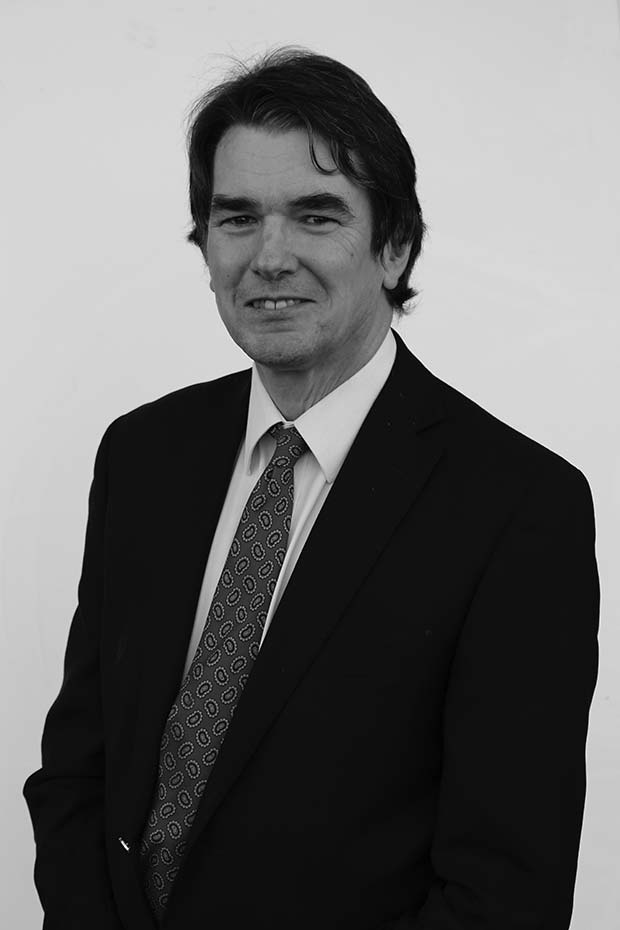These are momentous times for the UK soft drinks category. In the words of Radnor Hills’ MD William Watkins in our interview, “we are operating in an extraordinarily dynamic market,” with many factors influencing the way people shop for soft drinks.
 The ongoing sugar debate, the impending sugar levy and the continuing focus on healthy drinks, healthy ingredients and cleaner labeling are all affecting consumers’ decisions on which soft drinks to buy. William Watkins predicts that “an awful lot” of product reformulations will be needed to ensure companies are producing products that fall outside the sugar tax threshold of 5% sugar content.
The ongoing sugar debate, the impending sugar levy and the continuing focus on healthy drinks, healthy ingredients and cleaner labeling are all affecting consumers’ decisions on which soft drinks to buy. William Watkins predicts that “an awful lot” of product reformulations will be needed to ensure companies are producing products that fall outside the sugar tax threshold of 5% sugar content.
Meanwhile with the new school year starting in September, another big development area in soft drinks is in school compliant products. As William Watkins explains, different parts of the UK have different regulations to do with the maximum serving size and the juice content. Schools-compliant drinks now account for 30% of Radnor Hills’ sales.
Over at AG Barr, Adrian Troy, their Head of Marketing talks of consumer attitudes to soft drinks changing: “We’re not seeing the collapse of strong categories and brands, but people who are balanced and sensible know fizzy drinks are a treat and are looking to make healthy choices.” Hence the launch of AG Barr’s new Rubicon Spring 3-4% juice range, reported in this issue.
Unlike the rest of the UK soft drinks market, which Carol Saunders, Head of Customer Marketing at Highland Spring says is in decline, still and sparkling waters go on showing significant growth as consumers switch into the category from sugary soft drinks. Plain bottled water is the biggest growth contributor in soft drinks overall and Carol Saunders predicts still and sparkling water volume sales hitting 3 billion litres by 2018.
As the Highland Spring team sees it, the different consumer ‘need states’ for bottled water include routine hydration, health, meal accompaniment, convenience and taste. Shoppers are also increasingly looking to bottled water to fulfill other drinking occasions including treats, with premium sparkling bottled water seen by drivers tired of other soft drinks as a replacement for alcohol.
Meanwhile there is still a job for wholesalers to do, educating their independent retail customers about the benefits of hydrating and the need for stocking a wide range of plain water products.
Bottled mineral waters command their following among consumers because of their purity and provenance. The Radnor Hills Mineral Water Company sources its water in the historic country of Radnorshire, Mid Wales. Highland Spring’s water comes from protected organic land in the Ochil Hills in Scotland. Fresh Organic, who we also hear from in this feature, source their AQUA Carpatica premium Bottled Water, from the Carpathian Mountains Springs. AQUA Carpatica has been stocked in Harrods since 2014 and is rolling out now in wholesale.
Finally, as a further part of the wholesaler’s overall soft drinks offering, don’t forget ethical bottled waters like One Water. This brand not only makes its consumers feel better by giving the usual hydration and health benefits, when they buy it they feel good about themselves too because they give away their profits to fund the provision of clean water to the world’s poorest communities.
One Water has raised over £14 million so far. They now aim to raise £20m by 2020 and to help achieve this have brought out One Juiced Water, 50% fruit juice, 50% British spring water and a dash of natural spring water.




Comments are closed.